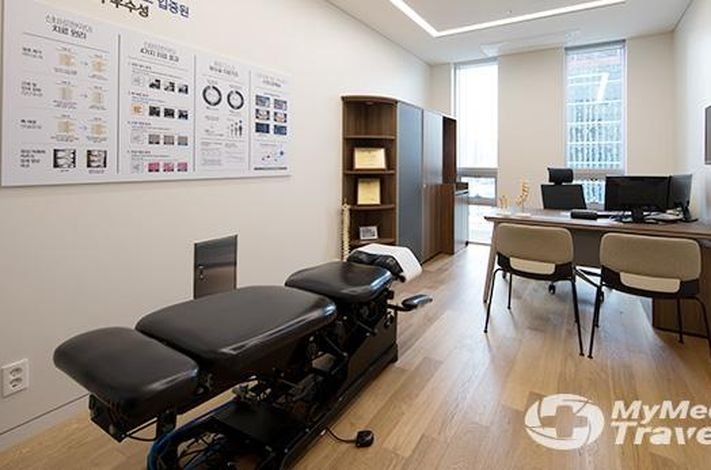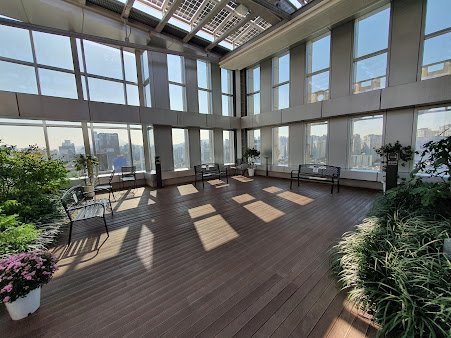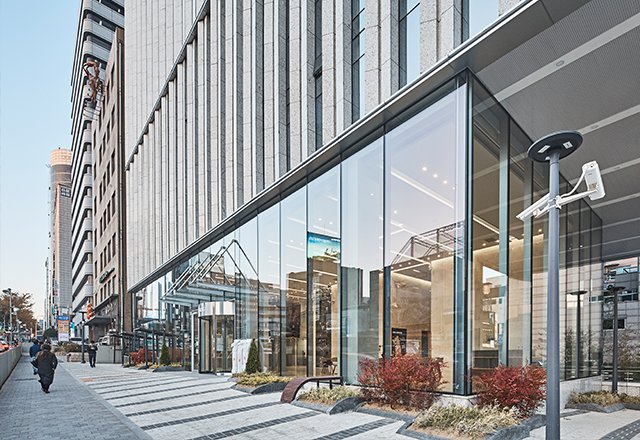If you’re considering Implantable Collamer Lens (ICL) surgery abroad, South Korea is one of the top destinations for high-quality, affordable vision correction. But as a medical tourist, how can you be sure that the clinic you choose meets international safety, hygiene, and clinical standards?
The answer lies in accreditation. Choosing an ICL clinic with the right certifications ensures you’re in the hands of trained professionals, using advanced technology, in a facility held to global healthcare standards.
This guide will walk you through the most important accreditations and certifications to look for in Korean ICL clinics that serve international patients.
🌐 Why Accreditation Matters for Medical Tourists
When undergoing ICL surgery abroad, especially in a country where language and healthcare systems differ from your own, accreditation acts as your quality guarantee.
A properly accredited clinic:
- Follows strict protocols for sterility and infection control
- Uses FDA- or CE-approved devices
- Employs trained and licensed professionals
- Provides safe, ethical care
- Meets the expectations of international medical tourists
✅ 1. Joint Commission International (JCI) Accreditation
What it is:
JCI is the global gold standard in healthcare accreditation. Based in the U.S., it certifies hospitals and clinics worldwide for meeting rigorous patient safety and clinical quality benchmarks.
Why it matters:
- Recognized in 100+ countries
- Emphasizes infection prevention, emergency preparedness, and patient rights
- Ensures multilingual support and cultural sensitivity for international patients
- Applies evidence-based surgical protocols, especially for procedures like ICL
How to verify:
Check the JCI official website or ask the clinic:
“Is your clinic JCI-accredited, or part of a JCI-accredited hospital network?”
Note: Not all ICL clinics in Korea have JCI, but many partner with JCI-certified hospitals for operating facilities.
✅ 2. Korean Accreditation Program for Hospitals Serving Foreign Patients (KAHF)
What it is:
Run by the Korea Health Industry Development Institute (KHIDI), KAHF certifies clinics and hospitals that meet international standards for medical tourism services.
Why it matters:
- Ensures safe, high-quality care for foreign patients
- Mandates multilingual support (English, Chinese, Russian, etc.)
- Certifies systems for patient rights, safety, and aftercare
- Approved by Korea’s Ministry of Health and Welfare
Look for:
The KAHF logo on the clinic’s website or brochures. Ask:
“Is your clinic KAHF-accredited for international patients?”
✅ 3. Korean Medical Association (KMA) and Korean Ophthalmological Society (KOS)
What it is:
These national boards certify Korean ophthalmologists and medical facilities. Members must maintain ethical practices and continue medical education.
Why it matters:
- Confirms your surgeon is board-certified in ophthalmology
- Indicates the clinic follows Korean national healthcare standards
- Required for legal operation of medical facilities in Korea
Ask for:
“Is your surgeon board-certified by the KOS?”
“Can I see your clinic’s medical license and certifications?”
✅ 4. STAAR Surgical ICL Provider Certification
What it is:
STAAR Surgical is the manufacturer of EVO Visian ICL™. They certify eye clinics that use their lenses and have completed advanced ICL training.
Why it matters:
- Guarantees your ICL is authentic and FDA-approved
- Indicates your surgeon is trained in lens sizing and insertion techniques
- Shows your clinic meets manufacturer standards for safety and results
Ask specifically:
“Are you an official STAAR Surgical partner clinic?”
“Do you use authentic EVO Visian ICL™ lenses?”
✅ 5. ISO Certification (e.g., ISO 9001, ISO 13485)
What it is:
ISO is a global standard for quality management in healthcare and medical device manufacturing. ISO 9001 is for general clinic management, and ISO 13485 relates to medical device usage and sterility.
Why it matters:
- Ensures cleanroom procedures during surgery
- Maintains consistent quality in surgical environments and post-op care
- Common among Korean clinics offering high-end services to foreign patients
Ask:
“Is your clinic ISO 9001 or ISO 13485 certified?”
✅ 6. Korea Health Industry Development Institute (KHIDI) Medical Korea Certification
What it is:
This is Korea’s official government-backed program that promotes safe, reliable medical tourism and certifies clinics that meet high international service standards.
Why it matters:
- Recognizes clinics with proven track records in foreign patient care
- Often tied to government-supported medical travel packages
- Can include added benefits like translation, visa, and concierge services
Look for:
The “Medical Korea” logo or listing on the KHIDI website.
🏥 Bonus: What Else to Look for in a Safe ICL Clinic
Beyond accreditation, also evaluate these clinic features:
| Feature | Why It’s Important |
|---|---|
| ✅ Use of FDA/CE-approved EVO ICL lenses | Ensures safety, durability, and performance |
| ✅ Dedicated ICL surgical suite | Sterile and designed for vision correction |
| ✅ Multilingual staff and interpreters | Prevents communication errors in your care |
| ✅ Transparent pre-op screening | Detects contraindications like glaucoma, thin cornea, etc. |
| ✅ Post-op follow-up and telehealth | Ensures support after you return home |
🚩 Red Flags to Avoid
Stay away from clinics that:
- Don’t show proof of certification or accreditation
- Use vague language like “premium lenses” without naming EVO Visian ICL
- Don’t provide a full list of included services and pricing
- Push fast scheduling without full pre-operative evaluations
- Avoid giving direct answers to questions about surgeon qualifications
📍 Where to Find Accredited ICL Clinics in Korea
Some well-known, accredited Korean ICL clinics for international patients include:
- BGN Eye Clinic (Seoul & Busan) – KHIDI & Medical Korea certified
- Eyereum Eye Clinic (Seoul) – ISO-certified, bilingual support
- Dream Eye Center – Long-standing international reputation
- EYEVELY Eye Center – STAAR Surgical provider, international focus
Tip: Look for clinics located in Gangnam, Apgujeong, or Sinchon—home to Seoul’s top eye hospitals.
✅ Final Checklist: Accreditation Essentials
| Accreditation | Purpose |
|---|---|
| JCI | International safety and clinical quality |
| KAHF | Korea’s certification for foreign patient safety |
| KOS/KMA | Verifies ophthalmologist credentials |
| STAAR Surgical | Confirms approved EVO ICL lens usage |
| ISO 9001 / 13485 | Sterile, quality-controlled surgical settings |
| Medical Korea | Government-endorsed for medical tourism |
✨ Final Thoughts
Choosing a properly accredited ICL clinic in Korea is your first step toward a safe and successful vision correction experience. Accreditations not only signal safety — they also reflect a clinic’s commitment to ethical care, cutting-edge technology, and international service.
With the right research and questions, you’ll be in good hands — and on your way to seeing the world with perfect clarity.




